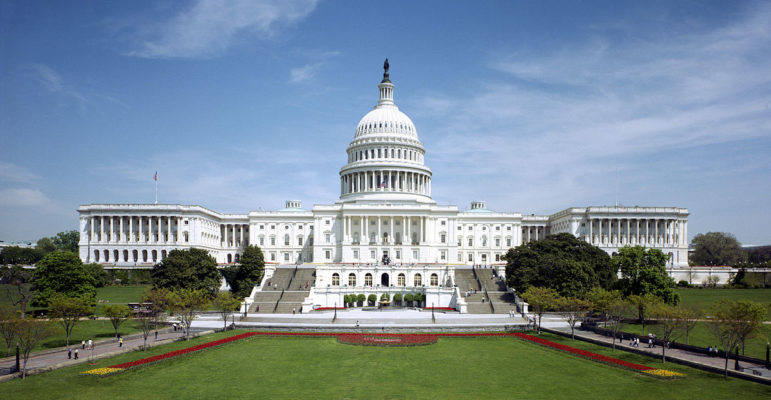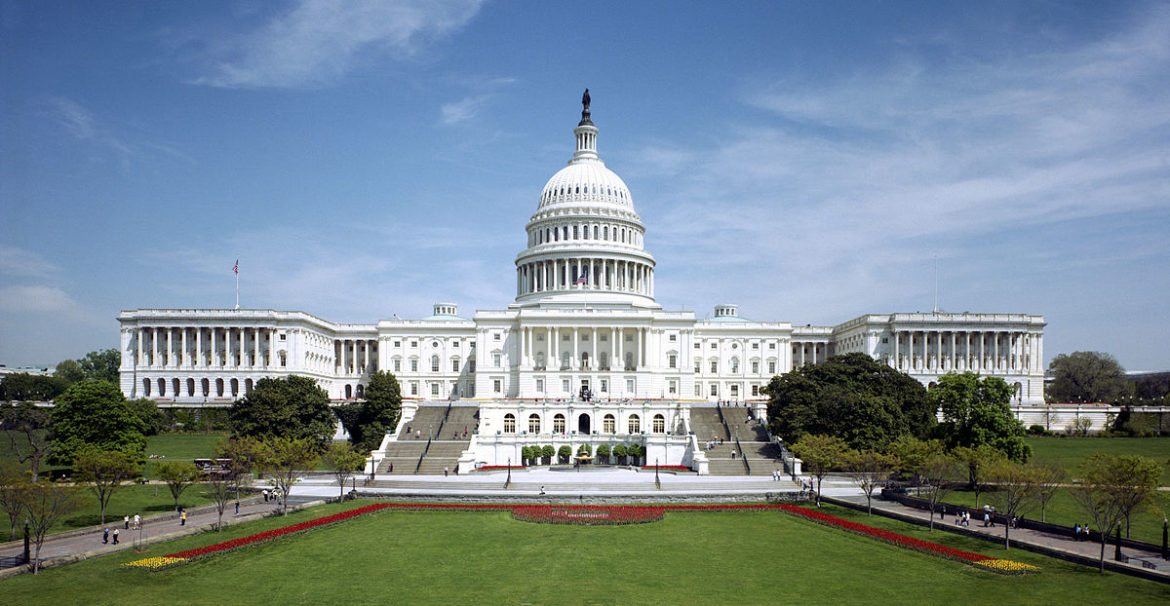
WASHINGTON — Reformers are dismayed by a proposed House spending bill that would eliminate funding for several major juvenile justice programs next year.
The House bill is in sharp contrast to corresponding Senate legislation, which would increase juvenile justice spending slightly compared with current levels.
The Act4JJ Coalition, an umbrella organization that represents more than 150 children’s advocacy, legal, medical and educational organizations, said the House bill is disheartening and would limit how well states can serve youth.
“Progress can’t be made if promises aren’t kept. We must have a national commitment to the rehabilitative purpose of the juvenile justice system; it is both cost effective and the morally right thing to do,” said Marie Williams, co-chair of Act4JJ and executive director of the Coalition for Juvenile Justice.
The House Appropriations Committee approved the Commerce, Justice and Science Appropriations bill by voice vote this week. For the second year in a row, the bill would eliminate funding for:
- Title II state formula grants, which are used to support delinquency prevention and intervention programs, and
- the Title V Local Delinquency Prevention Program, a matching grant program that supports community-based delinquency prevention efforts using evidence-informed approaches.
The Senate Appropriations Committee approved its legislation in April. The bill would increase funding for the Title II grants from $58 million to $63 million and for the Title V grants from $17.5 million to $27.5 million.
[Related: South Carolina Close to Raising Age for Juvenile Offenders to 17]
The programs are “the backbone of programs assisting State and local agencies to prevent juvenile delinquency and ensure that youth who are in contact with the juvenile justice system are treated fairly,” the Senate committee said in a report.
Neither the House nor Senate bill would fund the Juvenile Accountability Block Grant program, which was first stripped of funding several years ago. The Obama administration had recommended restoring $30 million in funding for the program in its budget request.
Rep. Tony Cárdenas, D-California, who had organized a group of 70 lawmakers who urged appropriators to increase funding for juvenile justice, said the House bill takes the wrong approach.
“Research has showed us that these programs will save taxpayer dollars, help kids in trouble become productive members of society, and make our streets and communities safer,” he said in a news release.
Marcy Mistrett, CEO of the Campaign for Youth Justice and co-chair of Act 4JJ Coalition, said the funding levels highlight the importance of reauthorizing the Juvenile Justice Delinquency and Prevention Act, which includes the programs that were zeroed out. Without strong support for the law, it’s easier for Congress not to support it with funding, she said.
“It underscores the need to reauthorize the bill because that continues to be the reason they say they can’t fund it,” she said.
The JJDPA sets federal standards for child protection in the justice system and provides funding for programs in state and local jurisdictions. A Senate reauthorization bill has been stalled since Sen. Tom Cotton, R-Arkansas, objected to one of its provisions in February.
Both the House and Senate bills do include funding for other juvenile justice-related provisions, including mentoring, training for judicial personnel and missing and exploited children programs. The House bill would spend $184 million, compared with $272 million in the Senate.
In 2016, funding levels for juvenile justice were at $270 million, compared with $547 million in 2002, when JJDPA was last reauthorized.
The House bill next goes to the floor. It remains to be seen if the House and Senate will reach a final spending plan under regular order, which would call for a compromise between the two bills, or if a larger deal will be reached later in the year.
More related articles:
States Could Not Terminate Medicaid for Juveniles in Custody Under Bill
Kansas Overhauls Juvenile Justice System, Emphasizes Community-Based Reinvestment
States Consider Legislation to Raise the Age for Juvenile Court Into Young Adulthood
